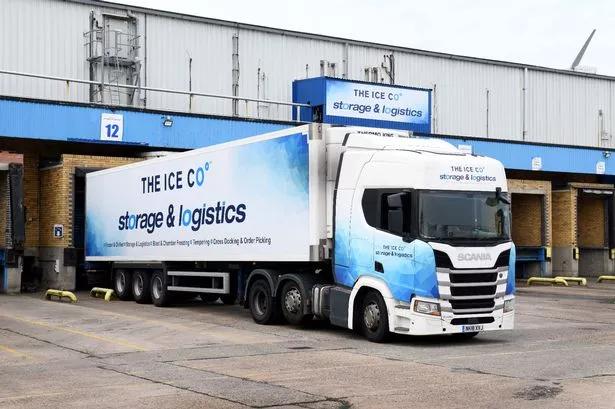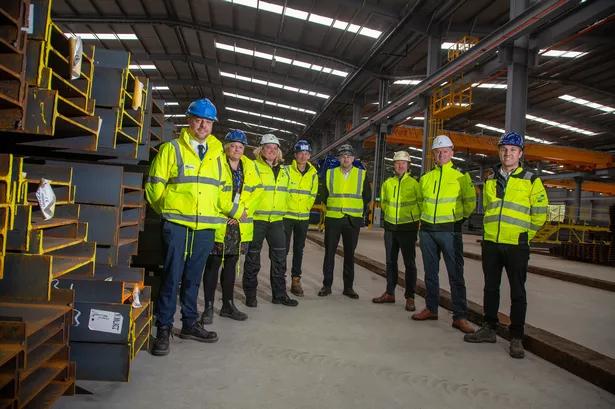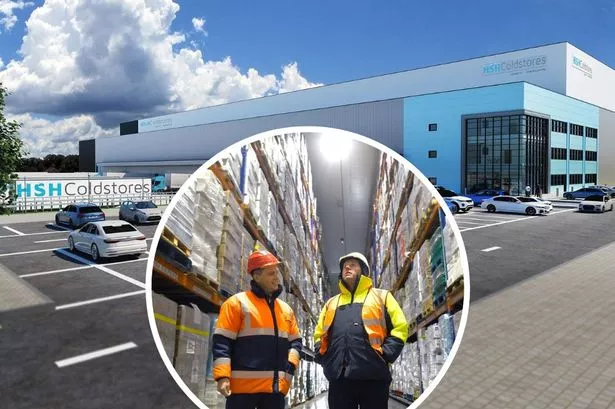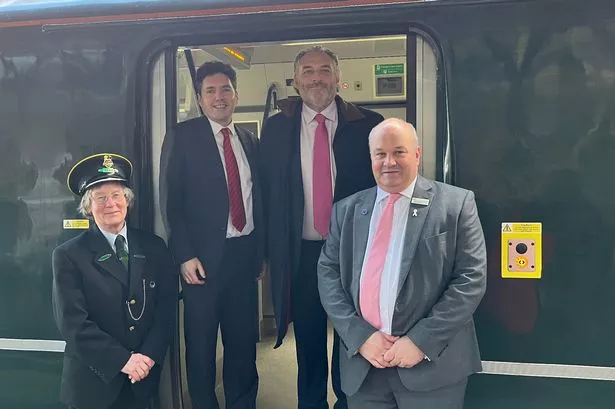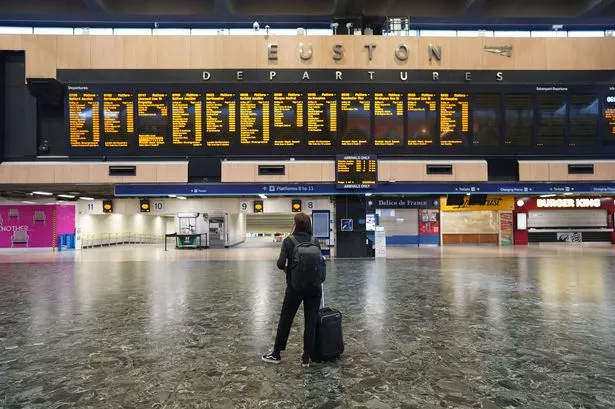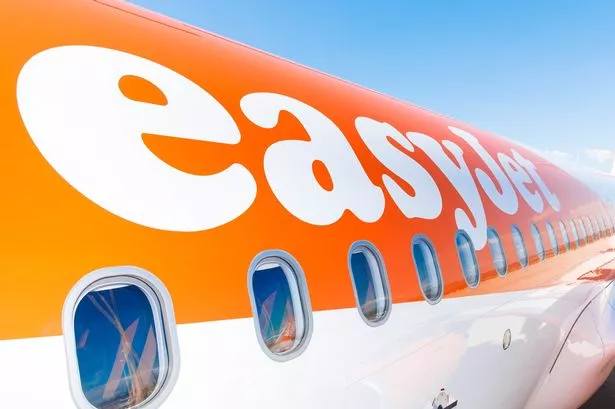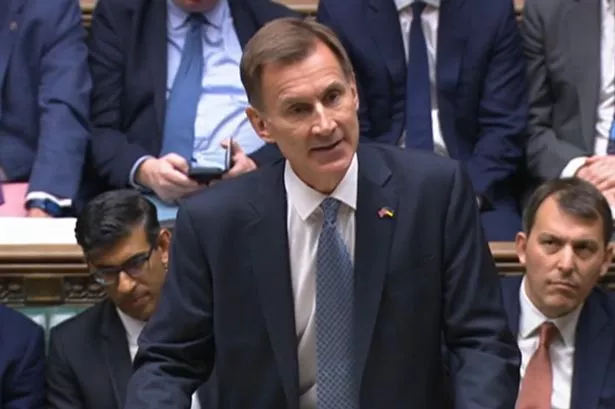
Eastern Airways has landed a dual boost at Humberside Airport with new services for business and leisure.
The resident airline is to launch a regular direct flight to Esbjerg in Denmark to support the offshore wind and maritime industries next month, while its Newquay departures will be doubled for the 2023 summer season. Its Jersey schedule also returns, in what is described as a major investment in the Kirmington base.
A three-weekly service to the Danish wind energy epicentre will provide a vital link for the burgeoning renewable sector on the Humber, with Orsted and Siemens Gamesa having interests in both areas. It will launch on December 14, with year-round flights on a Monday, Wednesday and Friday, and follows corporate charter work on the route.
Read more:Hull blade plant boss has his say on Siemend Energy buy-out proposal
Roger Hage, commercial director at Eastern Airways, said: “This is a major dual development for the Humber region as we join the UK centre for renewable energy with Esbjerg. The renewable energy sector is fundamental to the employment and growth in the Humber as the Energy Estuary. With so many key renewable sector companies and an increasing focus on clean-tech energy self-sufficiency in the UK and Denmark, the increasing need to connect the investment, skills and expertise of the regions have never been greater. With Billund little more than an hour from Esbjerg, Legoland and various high-quality leisure destinations in the Syddanmark region of Southern Denmark, we know Denmark will appeal widely given its rich history with the Humber ports region.
“Adding to the further investment in operations, crew and infrastructure to support new destination of Esbjerg, we have also doubled the frequency of the Newquay-Cornwall service, improving the access to the UK staycation destination of choice. We are also extending the length of operating season to the popular Channel Island destination of Jersey from Humberside Airport in conjunction with our primary partner Premier Holidays.
“We want to ensure the right services are being offered given Eastern Airways is all about supporting the regions of the UK, connecting people and places, so growing our Humberside network and capacity is a crucial part of increasing connectivity and aiding economic recovery where sustainable.”
Eastern will operate the mix of new and increased services on one of its fleet of 72-seat ATR or 29-seat BAe Jetstream 41, both offering one of the lowest fuel-burn and emissions in the market. This has included operating on sustainable aviation fuel, another string to the area’s decarbonisation role.
Deborah Zost, managing director at Humberside Airport said: “This is excellent news for the airport, local businesses and leisure travellers. The route to Esbjerg is a significant step for the Humber, giving the UK’s Energy Estuary a new, direct and year-round link to this increasingly important renewable energy hub. And more flights to Cornwall over the summer will be warmly welcomed by holidaymakers and businesses alike.”
It comes just days after the last flights left Doncaster Sheffield, following the abrupt closure by Peel Group, leaving Humberside and Leeds Bradford as the only operational airports in the region.
Scandinavian Airlines had launched a service between Humberside and Copenhagen, the Danish capital, in late 2013, but it was pulled the following April due to lower than anticipated demand. The maiden flight was also cancelled due to adverse weather. In almost a decade huge strides have been made, with Race Bank and the Hornsea Zone, as well as the Hull blade plant all coming online, and more to come. British Airways partner Sun-Air had also stepped in with Aalborg and Billund as destinations in early 2016.
Susanne Kruse Sørensen, managing director of Esbjerg Airport, added: “Eastern Airways has been a long-standing partner on this city-pair. The airline already operated corporate charter flights between Esbjerg and Humberside during the last years. The wind energy and maritime sectors are particularly asking for a direct route to ease crew changes and staff deployment on wind farms. Moving to a scheduled route is the logical way to improve service for customers. We are really looking forward to welcoming Eastern Airways in Esbjerg."
Ever present since launching with the Aberdeen service in 1997 - carrying North Sea oil and gas workers - Eastern will now serve five destinations from Humberside at peak.
Camilla Carlbom Flinn, director of cluster organisation Humber Marine & Renewables, of which Eastern Airways is the latest member, said: “The investment from Eastern Airways is brilliant news for the region’s business connectivity and indicative of the vibrance of the renewables sector. We are delighted that they have joined Humber Marine & Renewables and we expect that our members will enjoy the convenience of this new service to Esbjerg. We wish them every success in this exciting new venture.”
Eastern has also announced a new daily East Midlands to Newquay service, complementing the increase to its year-round three-times daily London Gatwick to Newquay service, plus an increase in Newcastle to Aberdeen to twice daily, among various capacity and frequency increases around the network.
